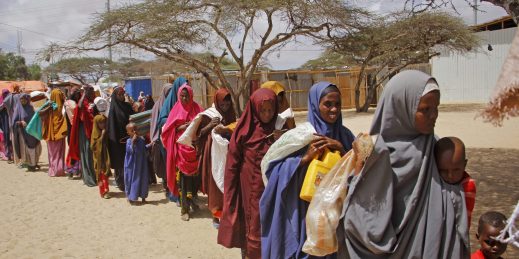Defense & Security Archive
Free Newsletter
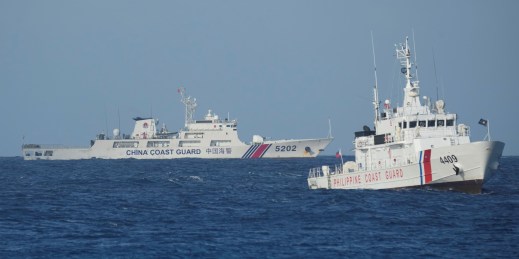
In early December, Chinese maritime forces water-cannoned Philippine resupply vessels en route to the Second Thomas Shoal, a disputed land feature in the South China Sea that hosts a small Filipino military detachment. The clash was the latest in a series of incidents as the two countries maneuver for advantage in the disputed waters.
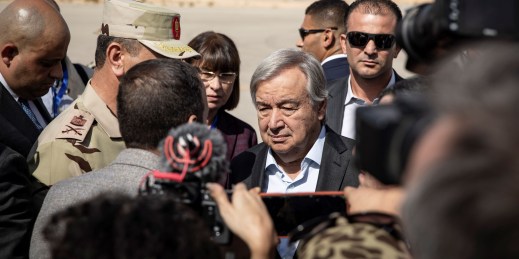
As 2023 ends, ambassadors and international officials at the U.N. do not have much to celebrate. The organization was having a hard year even before Hamas attacked Israel in October. Now the war in Gaza has sparked furious debates in the Security Council and General Assembly, with many asking if the U.N. can recover from the crisis.

On Oct. 28, the British Library went dark, the result of a ransomware attack by the cybercrime group Rhysida. The impact of the incident has been limited to a small community of researchers, but it is also part of a wider pattern of ransomware attacks against the public sector in the U.K. and around the world.
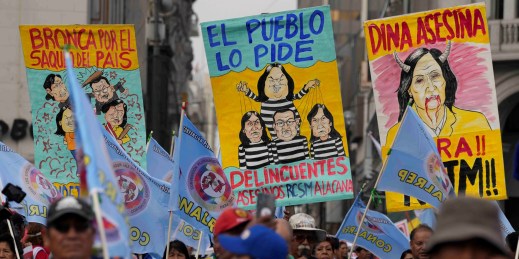
Recent weeks have been an exercise in bandwidth and attention management for Latin America. The region, via multilateral forums and organizations, has responded strongly to Venezuela’s threat to invade Guyana and Guatemala’s political crisis. That action is good to see, but those aren’t the only two challenges the hemisphere faces.
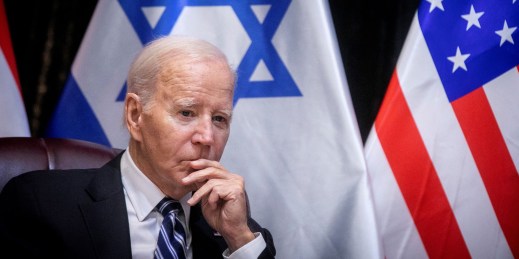
With the war in Gaza having intensified following the end of the recent U.S.-supported pause in fighting, it has become clear that this conflict is upending U.S. President Joe Biden’s plans for the Middle East: The war has dealt a body blow to Arab-Israeli normalization, while accelerating Iran’s regional integration.
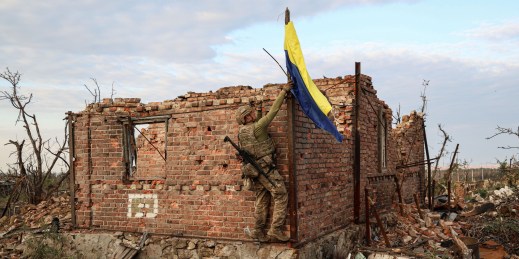
What do the war efforts of Israel and Ukraine have in common? Each is dependent on assistance from the U.S., and each sees itself engaged in an existential fight. But what is most notable is that both are engaged in war efforts that, despite imposing heavy casualties on their opponents, are in danger of strategic defeat.
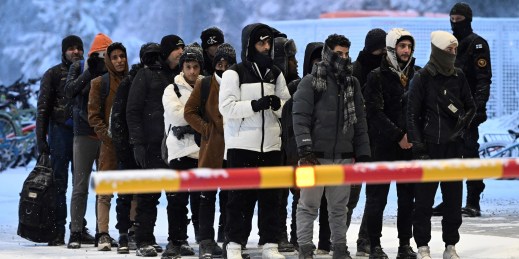
Tensions have been rising along Russia’s borders with several countries belonging to the EU and NATO. Most recently, Finland, one of NATO’s newest members, blasted the Kremlin, accusing Russia of launching a form of “hybrid warfare” by sending a surge of migrants to the Finnish border in an effort to destabilize the country.

Israel’s previous wars in the past few decades have had limited economic fallout, in part due to their brevity. But its current conflict against Hamas in Gaza promises to be a more protracted campaign, one that will affect a more significant swathe of the Israeli population and disrupt supply chains to a much greater degree.
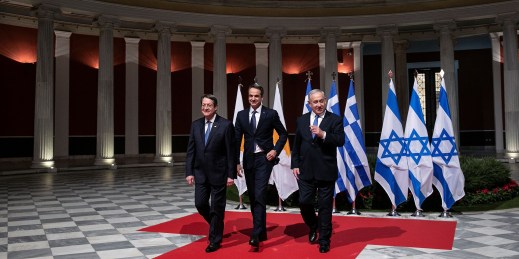
In addition to the human cost of the Israel-Hamas war in Gaza, the conflict also poses clear challenges to the regional energy ecosystem that has emerged in the Eastern Mediterranean over the past decade. Having already created immediate disruptions, the war could also have a long-term impact on its future development and expansion.

There has perhaps been no more polarizing figure in the realm of U.S. foreign policy than Henry Kissinger, who died last week at age 100. His realpolitik approach undoubtedly led to some success. But it also led Kissinger to advocate for policies whose moral grounding was dubious and whose foreign policy value was questionable.
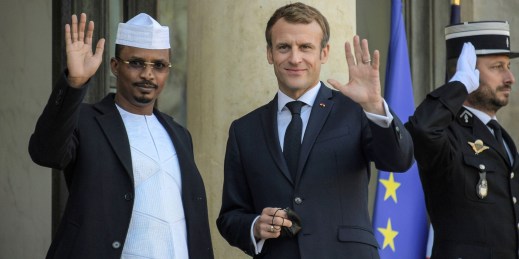
Even as Chad’s leader, Gen. Mahamat Idriss Deby, oversees a political transition toward elections planned for next year, he faces significant longer-term challenges to his rule. If he can navigate them, Deby is almost certain to win next year’s election. In the meantime, the day-to-day mechanics of repression will remain intact.
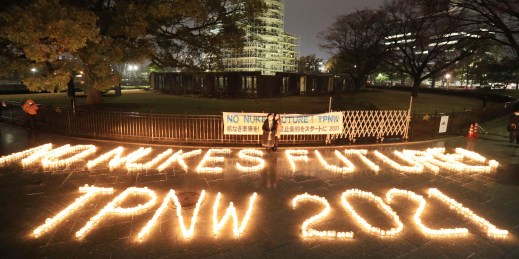
Some observers have wondered whether the taboo against nuclear weapons is weakening under the pressures of resurgent nuclear brinksmanship and unyielding nuclear postures. But based on what political scientists know about international prohibition norms, there is less need for concern here than it might seem.

Qatar’s role as a mediator between Israel and Hamas since Oct. 7 has given its standing a boost. That initially frustrated some of Doha’s Gulf Arab neighbors. But as the war continued, Gulf countries came to see some benefits, leading to coordination among them. As a result, the war has become a milestone in intra-Gulf relations.
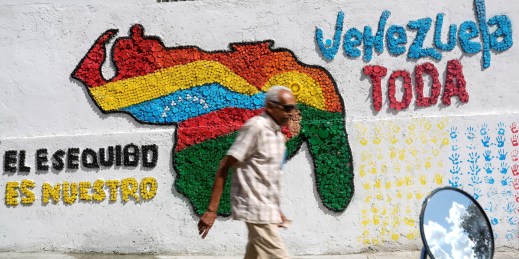
Yesterday, Venezuela held a controversial referendum to underscore its longstanding territorial claim to Guyana’s Essequibo region. But despite fears the referendum was an effort to provide popular legitimacy for the government to seize and annex Essequibo, there are plenty of reasons why a military operation to do so is highly unlikely.
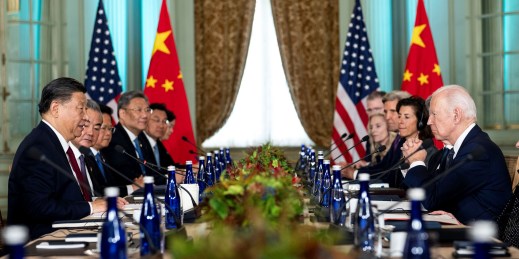
Though the recent meeting between U.S. President Joe Biden and Chinese President Xi Jinping was short on concrete outcomes, its key accomplishment, according to some observers, was to set a floor on U.S.-China relations. But even if setting a floor was the goal of the meeting, it’s concerning just how low the floor sits.

